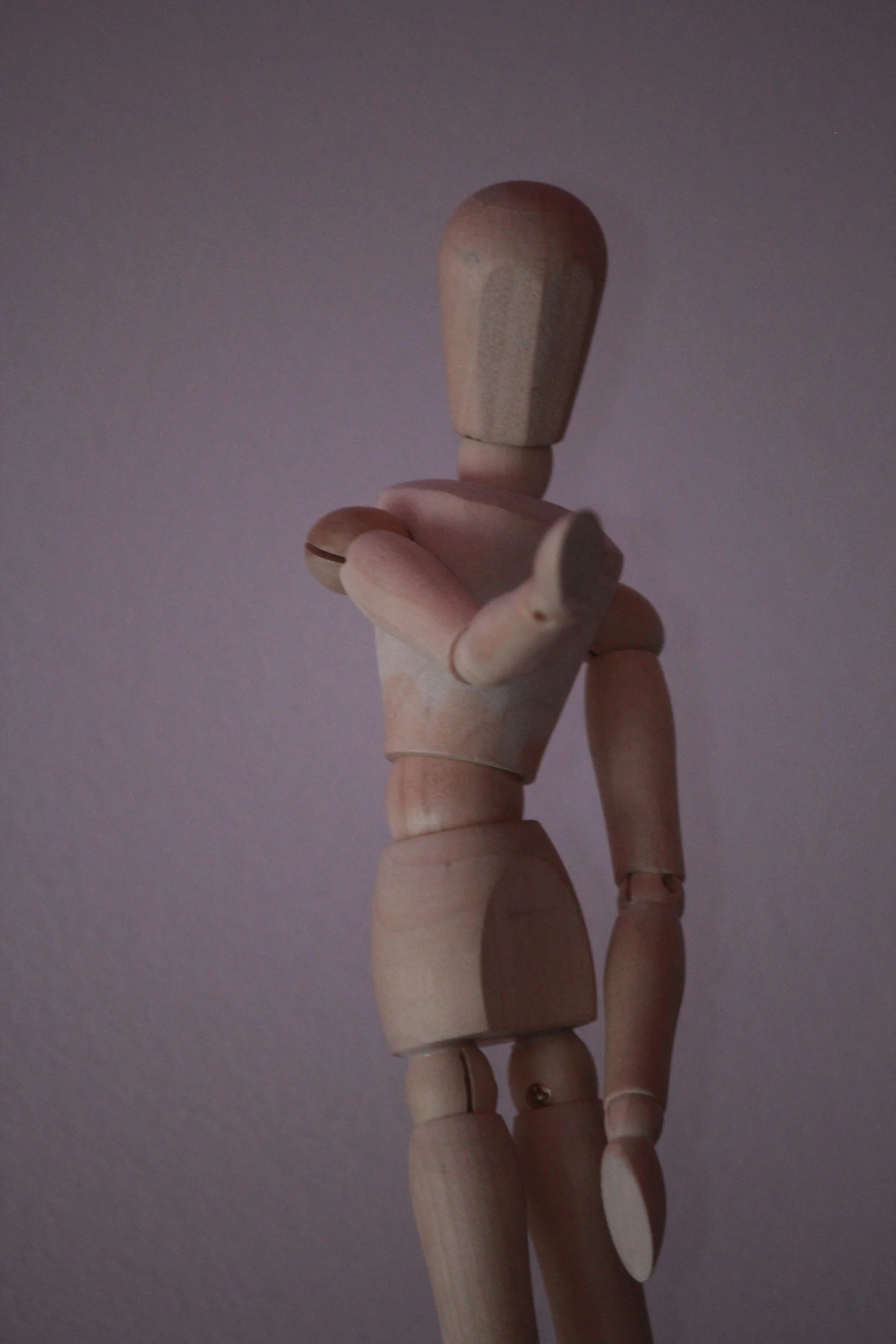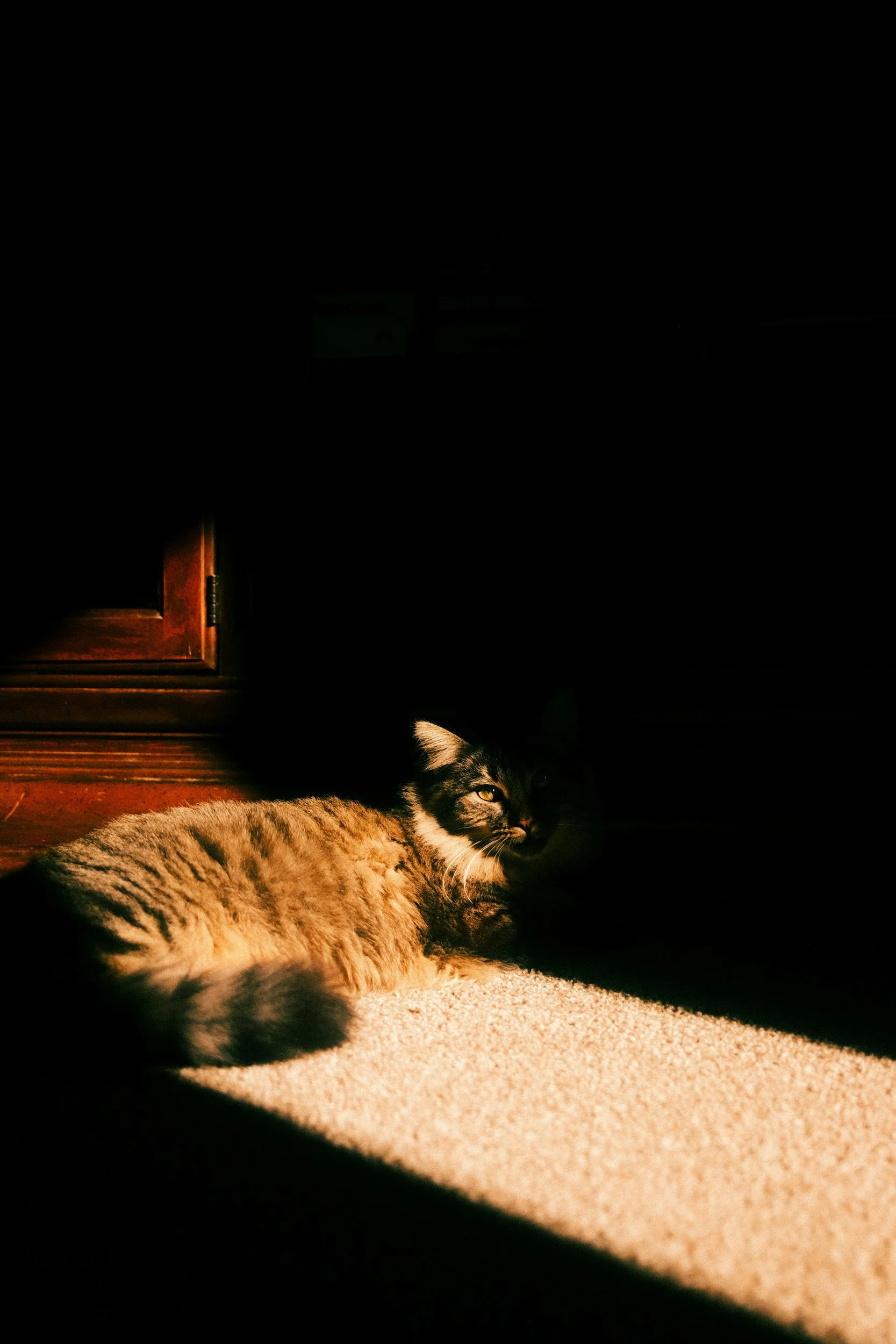Interview with Guest Judge Emily Bernard
Could you start out by telling folks a little about yourself (family, career, etc.)?
I am the mother of twin fifteen-year-old girls. My husband, John Gennari, is also a writer, so we live in a house stuffed with books. The good news is somebody always has a pen. John, the girls, and I live in South Burlington, Vermont. We are a close unit of humans, all of us from different ports (my daughters were born in Ethiopia and my husband is Italian American), but somehow it works. I’ve been teaching at the University of Vermont for twenty years, but honestly, I’m not sure what’s next.
What got you started as a writer? Did you always know it was what you wanted to do?
I’ve been hungry for stories ever since I can remember. I always seem to be experiencing my own life at a remove, and I like imagining the lives of other people, the more different from my own, the better. My mother was a poet, so I saw what the work required in her example. She encouraged me and my brothers to write poetry while we were children. Gradually, my poems got longer and longer, and she pointed out that I was a prose writer, not a poet, after all. My daughter Giulia said recently, “You don’t know how you feel about something until you write it down.” It was humbling in its accuracy, that assessment.
What types of writing do you do (nonfiction, fiction, essays, etc.)?
I read a lot of fiction, but I am continuously occupied with getting to the bottom of meaning in the things I see around me. Daily life keeps telling me stories, so I keep writing them down.
What is your proudest accomplishment? What is your favorite piece of writing (of yours)? Are they the same?
I’m proud of different things for different reasons. I’m happy with the piece I wrote about Audre Lorde for The New Republic because it gave me the opportunity to learn more about and pay homage to a writer I admire very deeply. I wrote a piece for The Yale Review called “Stereopticon” that pretty nearly touches what I mean about things. “The Purpose of a House,” which was published on the New Yorker website, came out in a rush, demanding a hearing, and that always feels nice because it’s rare. I like all my books, particularly Black is the Body and Carl Van Vechten and the Harlem Renaissance: A Portrait in Black and White—a lot of love went into both of them. But as far as my favorite or best writing? With any luck, that’s all to come.
What is the best piece of writing advice you’ve ever been given?
“You can be a writer who doesn’t write,” Pam Houston once told me. It woke me right up from the illusion that “writer” was a state of being, or some sort of place you arrived at by dint of grace, luck, or that thing called talent. It’s all about the work and commitment to the craft. Nothing else really matters.
Your most recent book, Black is the Body: Stories from My Grandmother’s Time, My Mother’s Time, and Mine, is an extremely personal set of connected essays. Could you tell us a little more about the book, what it was like to write such personal and deep essays, and the influences of your family in your life and writing?
I wrote Black is the Body over a series of years, during which time everything else in life happened. The essays punctuated my life, and even the writing of other books, as well as the lulls in between. I didn’t know I was writing a book when I began. Writing essays has always made visceral sense to me. It’s the kind of writing that makes me feel most like myself. When I knew I was writing toward a book, I picked up the pace and filled in some gaps. The shape of the book really came into view as I started on the long road of motherhood. I started thinking a lot about the stories I was passing down to my children, long-cherished tales about ancestors that even I had never met. I started reflecting on the relationship between storytelling and healing, and the role the two have played in my life, as a human being, and in my various social roles (e.g., mother, teacher, writer, sister, spouse, etc.). I thought about the distance between the body and the book, particularly in the lives of Black people. The book is really an extended meditation on those ideas and issues.
Finally, HerStry is dedicated to giving a voice to those whose stories have too often gone unnoticed and unheard. Why do you think it is important to tell your story?
Telling stories is how we know we are alive. As soon as begin to speak, we are already shaping truth and creating meaning through language. When I stop telling stories it will be because I’m dead, and even then, I’ll be like Sula, looking for the perfect person to tell about it.
Click here to buy Black Is the Body: Stories from My Grandmother’s Time, My Mother’s Time, and Mine.










